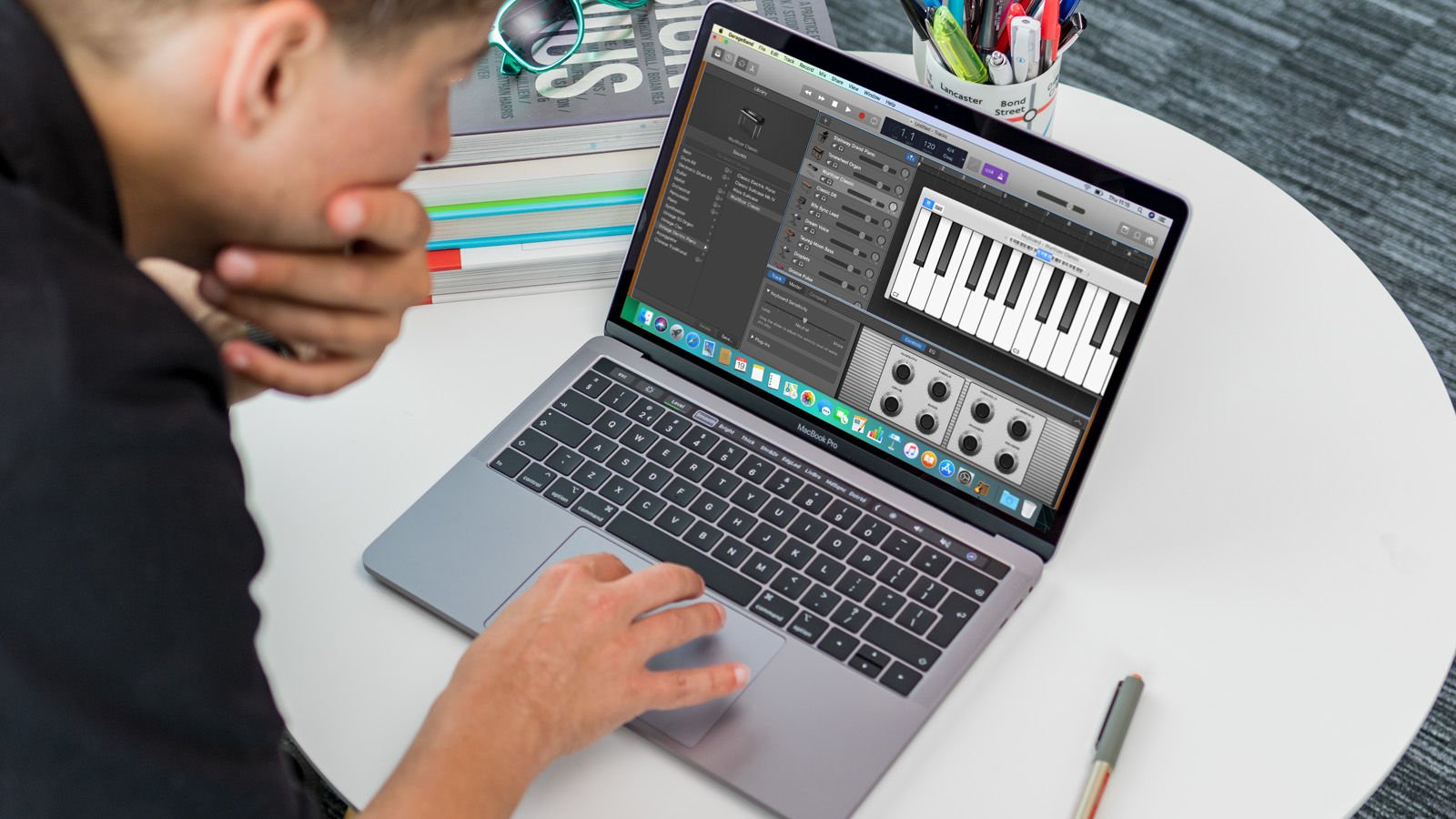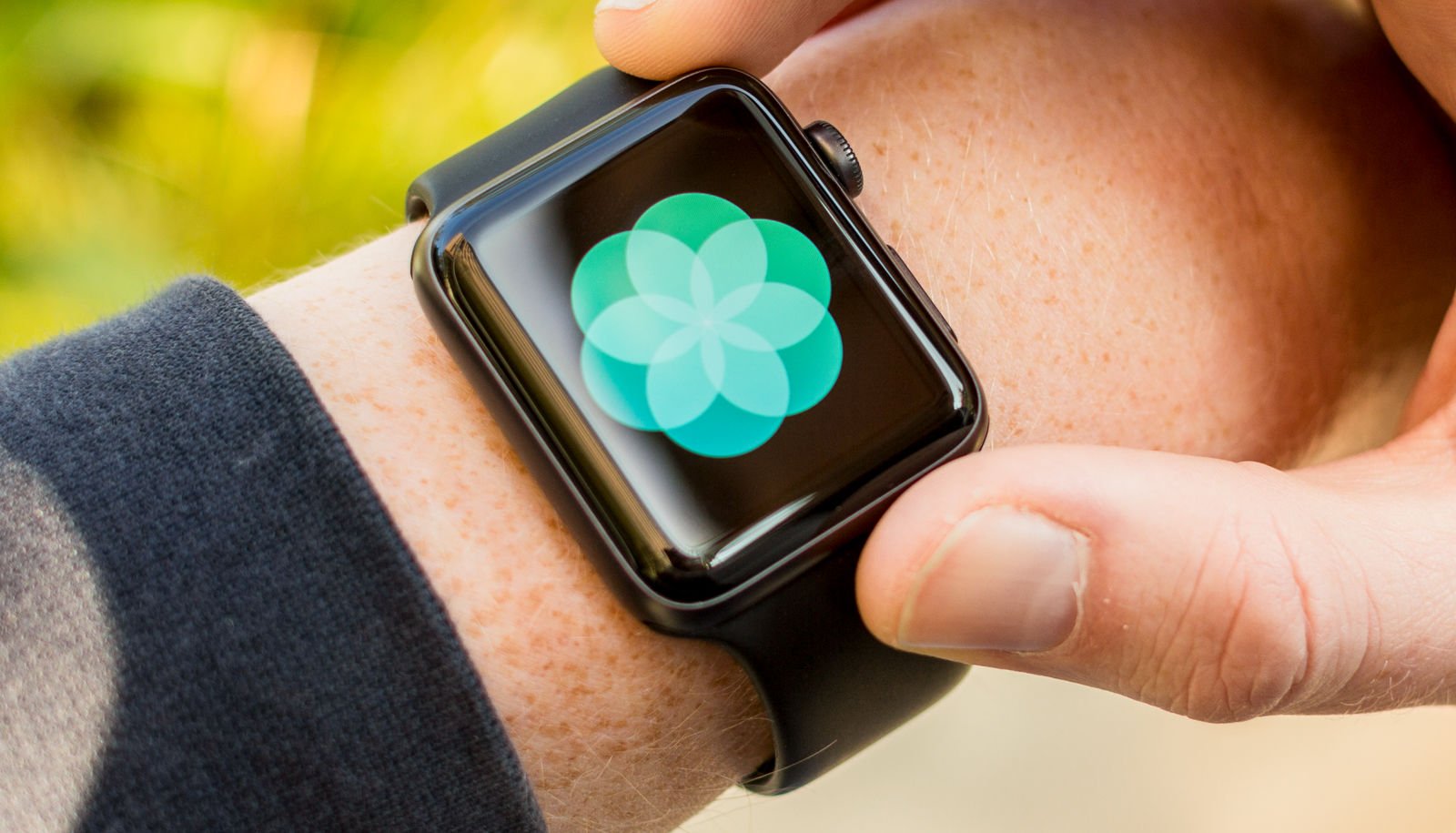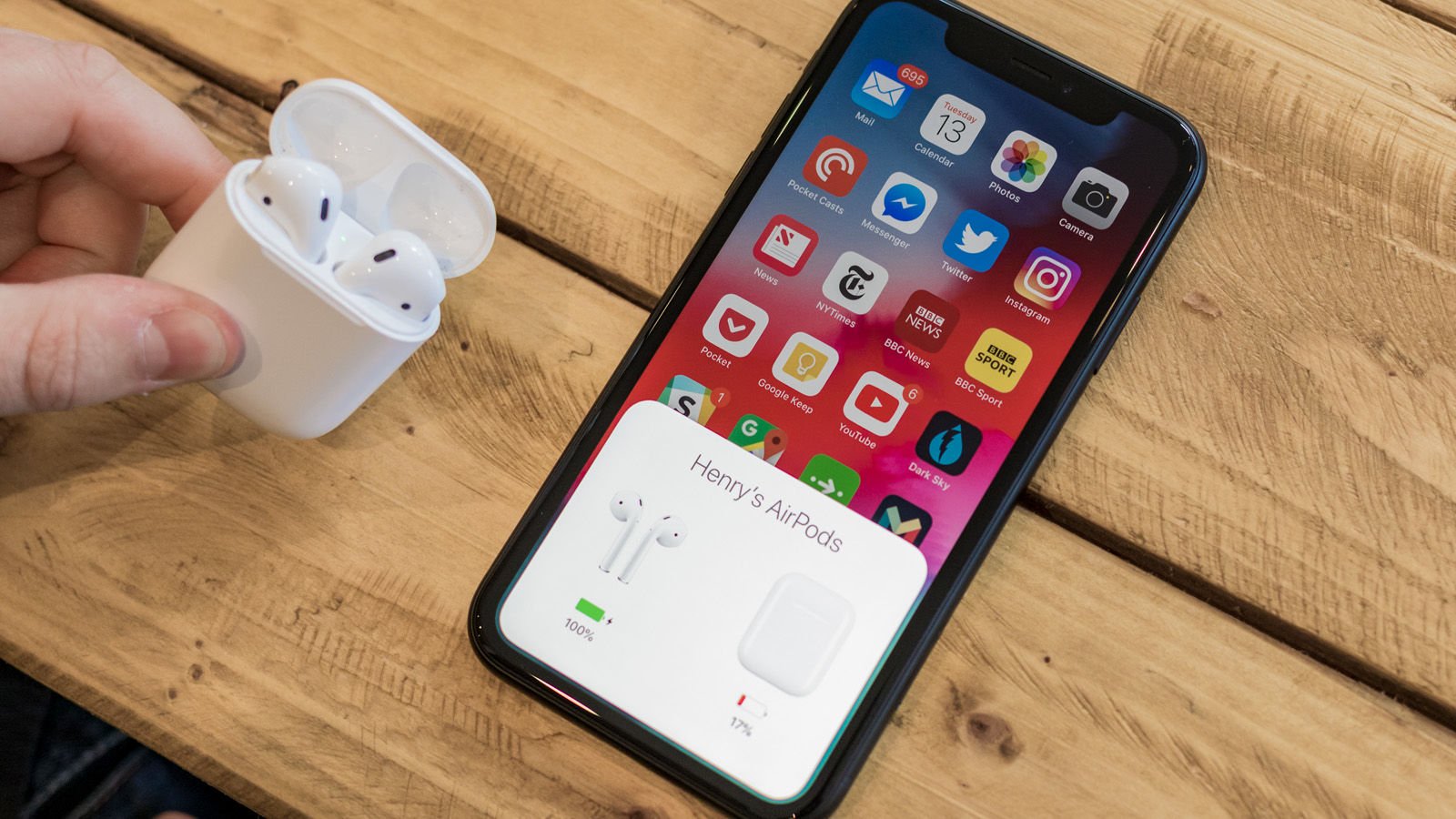In this article we guide you through the pros and cons of investing in Apple, explain how to buy Apple shares, assess what affects the value of AAPL, and examine who owns Apple shares.
If you were to invest in Apple you would effectively become a joint-owner of the company and, along with all the other shareholders, you would have a say in the decisions the company makes.
As a reward, your investment could grow as the company enjoys successes. You will also benefit from a share in the profits of the company in the form of dividend payments every quarter.
However the value of your investment can also decline. Tying your money to the success of any company is risky business. Should you take the risk with Apple?
To find out is how much Apple shares are worth at the moment click here.
Should you buy Apple shares?
This is a big question that only you can answer. First things first: Apple’s share price is incredibly volatile. Don’t invest if you want to make a quick buck. And definitely don’t invest if you can’t afford to lose your money.
There are a few things to consider:
Is it a short term or long term investment?
Over the long term it should be possible for investors to make money out of Apple stock.
If you are hoping to make a fast buck with a short term investment then we wouldn’t usually recommend Apple. The people who make short term gains on Apple are the big funds who plough millions into the stock only to take it out again a few months later (more on them below).
Can you afford to invest in AAPL?
Apple shares aren’t cheap, but they are a lot more affordable than they were before the 7:1 split in 2014. Back in September 2013 you’d have had to pay $700 a share. Now you can buy a share of Apple for a lot less (as of 12 March 2020 it was $275.43 a share but it has been as much as $327.85).
Even if that price sounds ok to you, you will need to factor in other costs of owning shares:
- You will need to pay fees to your broker.
- You may have to pay Stamp Duty when you buy.
- When you sell the shares you may have to pay Capital Gains Tax.
- If you are buying shares that are based on an exchange in another country you will have to pay tax there too.
The other big question to consider is: Can you afford to lose your money?
You should only invest in Apple if you don’t mind the fact that you could lose some of your money. As with any stock market investment, you can lose as well as gain money.
Is there a better way to make money?
Low interest rates mean the rates of interest offered by many straightforward investments right now are very low. For example, the best ISAs only offer around 1.65% interest. If you have money to invest you may think that the promise of a much a bigger percentage increase on Apple shares is much more attractive. Then again, you could also see a loss in the value of your investment.
There are plenty of other less volatile stocks to consider if trading was something you wanted to get into. However, in the current climate (as of March 2020) any exchange is likely to be effected by Coronovirus fears so as we said above any investment you make should be considered long term as we don’t know how long this economic decline will last.
Are you an Apple fan?
Key to your decision of whether to invest may be that you are an Apple fan with good knowledge in the company, and an interest in Apple that means that you follow the highs and lows of the company with interest. Nobody can predict the future, but at least you have good knowledge of what happened in the past.

Is now a good time to buy Apple shares?
The next factor to consider is whether now is a good time to buy AAPL. We’ll discuss whether it’s a good time to buy Apple in more detail below.
Please keep in mind that we are not financial experts and also that the situation will be changing all the time. From one day to the next there could be various reasons why Apple would be, or wouldn’t be, a good buy. We recommend that you do a considerable amount of research before buying AAPL shares – but we aim to give you some guidance below as to what you should try to find out.
Here are a few things to consider before buying AAPL shares:
Price to earnings ratio
The PE ratio is the valuation ratio of a company’s current share price compared to its per-share earnings (over the past 12 months).
You can check Apple’s P/E Ratio here.
Historically the average P/E Ratio on the S&P 500 has been between 13 and 15. If the P/E Ratio is higher than that it indicates that investors expect good earnings.
Note that tech companies like Apple tend to have higher P/E ratios due to growth expectations in the future.
However, if it’s lower than that it’s not necessarily a bad buy because a high P/E could just mean that the stock is overvalued.
Analyst recommendations
Most analysts in the spring of 2020 were giving Apple a Strong Buy rating, but in turbulent times this recommendation could change so our recommendation is that you find out what analysts are saying at the time you are considering buying.
You can see the consensus recommendation for AAPL here. That link will also give you guidance on which analysts are or aren’t recommending AAPL and their average price target for the company (and the low estimate).
Apple’s health
As revealed in its financial report at the end of December 2019, Apple has more than $207.06 billion in reserves – this is a good buffer in a tough economic climate.
Apple’s late CEO and Co-Founder Steve Jobs once said that during the downturn of 2008 Apple increased spend on research and development so that Apple would be ahead of the competition once the downturn was over. We can assume that Apple will be doing the same during the current (2020) economic downturn.
That’s not the most money Apple has had in its coffers though. The company had $163 billion at one point in 2017. It’s not a bad thing that that Apple has been spending some of its enormous cash reserves though. Apple has made investments in acquisitions or companies and technologies and investors have benefitted from Stock Buybacks (more on that below).

Apple’s plans for the future
There have been concerns that Apple is too dependent on the iPhone.
In recent years Apple has been mitigating some of its reliance on the iPhone by expanding its services offerings including the App Stores, Apple Music, Apple TV+ and more.
The next thing on the horizon is 5G, and that could help boost iPhone sales later in the year when the company is expected to launch a 5G iPhone.
The company is also thought to have a number of top secret projects underway that relate to cars and augmented reality. While Apple may never again make the kind of impact it made with the launch of the iPhone, you can be sure that it is making investments in the next big thing.
If you feel confident that Apple will keep innovating into the future then it could be a good investment for you.
China
It’s not only the iPhone that Apple’s been criticised for being too reliant on. Apple is also thought to be too dependent on China for manufacturing the iPhone and its other hardware. Business in China also represents something like 20% of Apple’s revenue.
Even before Coronavirus closed Apple’s Chinese factories in February 2020 China had already impacted Apple’s share price.
As you will see from this chart tracking AAPL over the past ten years, Apple has climbed but there have been dips. There was a dip that began at the end of October 2018 (partly due to concerns about iPhone sales and Apple’s decision to stop reporting numbers, but also relating to US/China trade tensions and falling iPhone sales there).
Then the price started to recover in Jan 2019 before another dip in April 2019 (this time due to Trump’s decision to increase Chinese tariffs). And then the dip in February 2020 (which was due to Coronavirus and the manufacturing delays in China.)
Apple might be an American company but it’s success is linked to China and what is happening there, so keep an eye on China-related news before buying AAPL stock.
Don’t believe everything you read
If you are serious about your investment you must take any reports claiming to have an insight into what Apple has up its sleeve, or claims that Apple’s share price will hit $1,000 with a pinch of salt.
Nobody has a crystal ball so don’t believe reports that claim to be able to predict what will happen over time. It’s nice that people have faith in the stock (some of the time) but they may well have ulterior motives in getting you to invest your money. As Asymco’s Horace Dediu said back in 2013: “The opinion of those who are highly paid should be treated with suspicion.” Be wary of analysts who work for financial services, noted Dediu, their paychecks “are not tied to accuracy of foresight”.
Unfortunately, reports based on the words of these analysts and other so called experts, along with supposed “leaks” from the Far East, may cause changes to the value of the stock. Apple’s stock has been known to soar or plummet on completely unfounded rumours and speculation.
Other benefits to buying Apple Shares
Aside from the promise of being able to make some money based on your investment there are a few other benefits of owning Apple Shares.
Stock BuyBacks and Dividends
Apple pays a quarterly dividend to its investors. The decision to pay out a dividend was a response to investors calling for Apple to distribute some of its stash of money, but it’s questionable that it’s a real bonus to investors.
Before you get too excited, the dividend doesn’t add up to much if you only own a few Apple shares, but it can add up if you have a few shares.
The other problem with dividends is you will get taxed on the money.
How do I buy Apple shares?
If having considered all of the above you want to buy Apple Shares here’s what you need to know.
Shares can be bought and sold by post, telephone or online. It’s incredibly easy to buy and sell shares via the internet, plus it’s often the cheapest option.
Note that internet share dealing is execution only. This means that the broker carries out your instructions on what to buy and sell without giving you any advice.
It is also likely your shares will be held in a nominee account – basically the stockbroker holds them on your behalf. This means your name may not appear on the company’s register – and as a result you may not receive the company’s financial report and you probably won’t be able to vote. Dividends will still be paid into your account however.
Your internet share dealing services might buy and sell shares in real time so you know exactly the price you are paying for your chosen shares, but it is also possible that shares are purchased at certain times of the day, so you may not be buying at the price you thought you were.
Another thing to note is that if you don’t hold the share certificates, you will have to sell the shares through the broker you bought them from. You will likely be charged a fee if you swap to another firm.
You can also invest through a stockbroker. You may have to pay them commission, but it is still possible to opt for an instant access execution-only stockbroker, who won’t give you advice and simply process your requested transactions.
You can also make your share transactions through an investment ISA (in the UK). That way you can save up to a certain amount every year, tax free.

Buying AAPL shares in the UK
If you are based in the UK there are some extra steps necessary before you can buy Apple stock. If you have never traded in US shares before, you will need to fill in the W-8BEN form and you will need to resubmit it every few years. This confirms your foreign status for tax purposes.
If you are thinking of buying Apple shares get this form filled in now so that you can buy shares on the day you choose, not days later because you weren’t prepared.
What does it cost to buy shares?
In the UK when you buy shares, you pay 0.5% stamp duty on top of the cost of dealing.
Any dividend income is also subject to tax. As of 2019/2020 the dividend ordinary rate of 20% applies for basic rate taxpayers who earn up to £37,500 , a rate of 40% if you earn up to £150,000 and 45% if you earn more than that.
When you receive dividend payments a percentage of tax has already been paid, and it will appear on your dividend voucher as a tax credit and may mean that as a basic rate taxpayer you have no further tax to pay. If on the other hand you are a higher rate taxpayer you will have an outstanding tax liability to pay when you make your tax return. There’s lots of information about this here.
There’s also capital gains tax to consider. If you sell your Apple share for more money than you bought it for, you will have made a capital gain and it will be liable to tax at a rate of 10%, or 20% for higher rate tax payers. Before any tax is payable though, you have an annual tax-free allowance for Capital Gains Tax, which is £12,000 for the 2019/20 tax year. Read more here.
An exception to these tax rules is dividends from ISAs, which are tax-free.
For bigger investors there’s also a mandatory £1 to the takeover panel (PTM) for all trades worth more than £10,000.
Another way to save money is to deal with electronic share certificates. They are a lot less costly than dealing in paper share certificates.
We’re not investment advisors so we don’t recommend any particular brokers. There is this article about investing on the MoneySavingExpert site that might be useful. Or look here at this comparison of UK share dealing accounts.
On the next page you will find some more information, but note we haven’t updated it since we wrote it in 2014. We are leaving it as a case study indicating the kinds of things that can go on behind the scenes with Apple’s shares.
